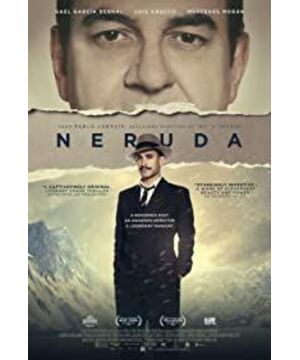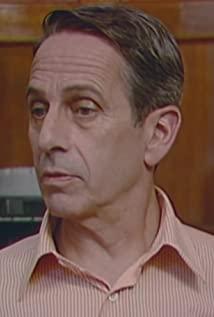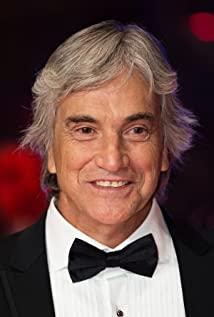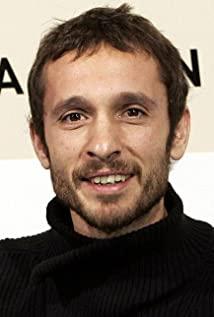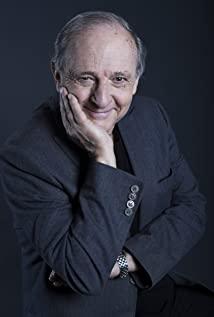In the spring of 1970, the Paris Review magazine interviewed Neruda at his home on Negra Island, asking a rather poignant (or difficult to answer) question: “People often say you’re going to win the Nobel Prize for Literature. "If you had to choose between the Chilean presidency and the Nobel Prize, which would you choose?"
Neruda replied, "You can't choose between things you can imagine."
The following fall, the Swedish Academy awarded that year's Nobel Prize for Literature to the Chilean poet, politician and Communist Party leader. The previous year, in 1969, Neruda had been nominated for the presidential nomination of the Communist Party of Chile. However, Neruda resigned a few months later due to the split on the left.
Let the time go back to 1949, when the story begins.
The political situation in Chile at that time was turbulent, and various forces came on stage one after another. The left-wing forces headed by Neruda pushed Gonzalez to the throne of the president. However, soon, the new president showed his fangs. , turned around to deal with the left-wing allies that propelled him to the presidency. The labor movement was brutally suppressed, and a large number of people were imprisoned. Neruda, a Chilean congressman, was also impeached, the movement he led became illegal, and he himself could be thrown into prison at any time. The dual identities of poet and statesman made Neruda decide to go underground, so a long hunt, a confrontation between poet and executioner, public lover and secret police kicked off.
The original title of the film is "Neruda", which means "Neruda", which is translated as "The Hunt for Neruda" in China. Although I have always disliked the extra play of the translated name, but looking at the content of the entire film, "The Hunt for Neruda" is not bad, and intuitively tells the audience the main content of the film. Of course, the title of the original film "Neruda" also has its own reason.
The main reason is that the film is not a biopic in the general sense, but a - let me describe it this way - a suspense film with elements of a detective. As can be seen from the two posters above, Neruda is not the only protagonist of the film. It's a dual-leader movie where the two face off -- though, maybe that's just misleading. Maybe in the end, it’s probably a one-man show sung by Neruda alone.
Some people may say that it has nothing to do with whether the film is a single protagonist or a dual protagonist. Whether it is a single protagonist or a dual protagonist, how does it affect the film? But as I mentioned before, this is a suspense movie. The biggest suspense in the film is not whether Neruda escaped, or how he escaped—of course he escaped, otherwise, how to buy a house on the island, accept interviews comfortably, face the Nobel Prize in Literature or the Chilean President problem?
The biggest suspense in the film is the identity of the hunter, who is he.
Through his inner monologue, we know that he is Oscar Peluccianu, the Inspector of the Secret Police, the illegitimate son of the unrecognized founder of the Secret Service, Oliveira Peluccianu, the son of a prostitute, who sacrificed himself Emotions are only for catching Neruda.
But we still don't know, who is he?
As a poet, Neruda never shied away from mentioning that he liked detective novels. He mentions the names of detective writers such as Eric Ambler, George Simenon, James Hadley Chase, Dahil Hammett, etc., as if he were casually mentioning the names of poets he knows well. He has often criticized detective novelists, arguing that they have never been judged fairly by literary critics, as he has fought for the interests of the Chilean working class. He believes that North American detective novelists are the most acutely critical of capitalist society. "Nothing can deny the capitalist system more than the exhaustion and corruption of politicians and police, the power of money in big cities, the corruption that pervades all parts of the North American system, and the American way of life," he said. already."
In the film, with the deepening of the pursuit, Neruda, who has always liked detective novels, simply wrote detective novels - telling the story of the pursuer and himself, while relaxing and forgetting the fact of being hunted down , on the other hand, seems to want to use this method to provoke the pursuit of the opponent who has repeatedly missed.
In this respect, the film is quite Neruda, unfolding the whole story in the manner of Neruda’s favorite detective novel, and then completing another level of tribute—a literary tribute.
When the film comes to an end, the hunt reaches its climax. Faced with the approaching inspector, Neruda had almost no escape and had to take the risk of turning to the locals for help, crossing the snow-capped Andes and fleeing to his neighboring country, Argentina. On the pure snow-capped mountains, the poet and the executioner finally meet - as if the end was destined.
Then the biggest suspense of the film is revealed - the hunter, the detective, the son of a prostitute, Oscar Peluccianu, it is the character Neruda created, the character in the detective novel. This cat-and-mouse game has finally come to an end - but who is the cat and who is the mouse? Neruda shaped him, did he also shaped Neruda?
The film records a difficult and long journey of the poet, and at the same time ends this journey with poetic language, poetic lens, and poetic chapter. Let's end this article with the last paragraph of the video - "I originally existed in the space of words, but now I have become flesh and blood, and tonight I can write the saddest verse..."
View more about Neruda reviews


